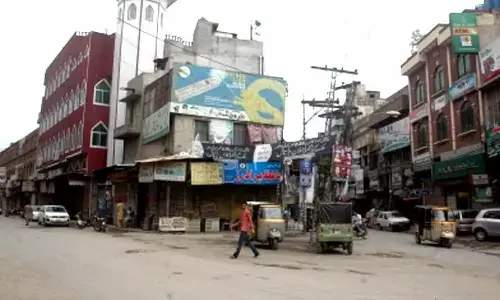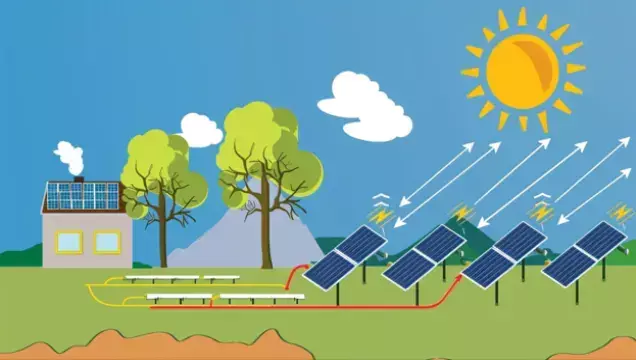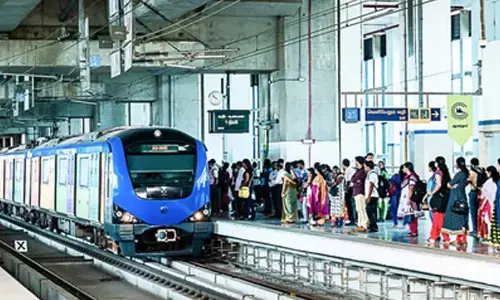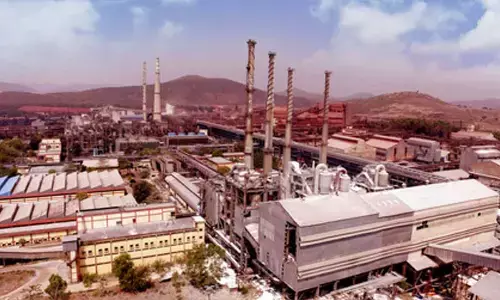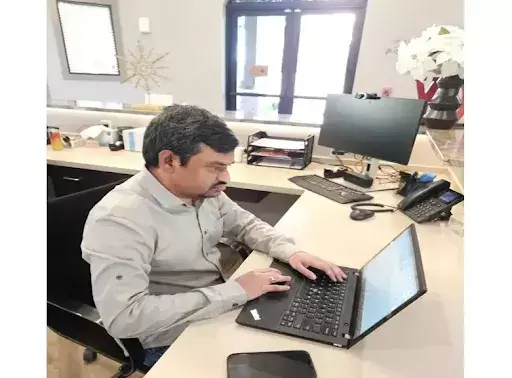NUCLEAR SUPPLIERS GROUP (NSG)
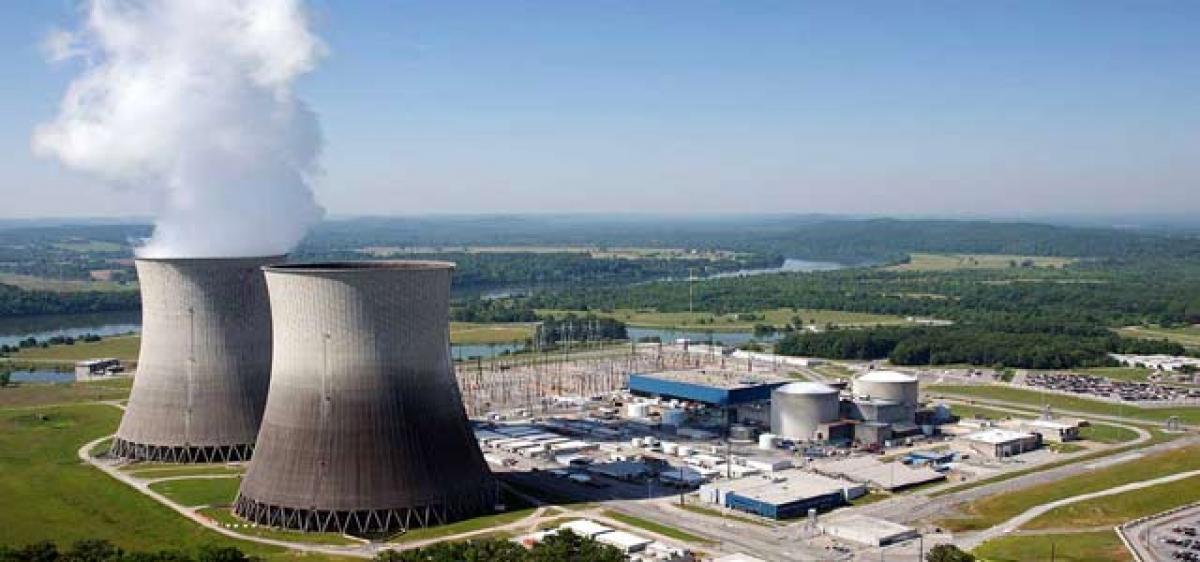
The NSG was invented to prevent Indian advance towards position of nuclear weapons after technology demonstration test of 1974.
The NSG was invented to prevent Indian advance towards position of nuclear weapons after technology demonstration test of 1974.
The fundamental requirement that every member of NSG should be a signatory to the nuclear non-proliferation treaty (NPT) was brought up not only by China but also by several other countries including Brazil, Turkey, Ireland, New Zealand etc. India is eagerly wants to become a member in NSG.
The membership of the NSG will only increase greater pressure on us to sign the NPT, comprehensive nuclear test ban treaty (CTBT) and to our commitment to sign fissile material cutoff treaty which would impose restrictions on existing stockpiles of fissile material.
When India is not anywhere near the permanent membership of the UN Security Council and even the membership in APEC remains elusive, the high level pursuit of NSG membership may give the impression that India is unrealistic in its expectations from the international community.
The NSG’s ineffectiveness in tackling the issue of proliferation makes it less attractive to India’s efforts to join it. It will be better for India to strive for one or two fundamental objectives rather than fritter away its diplomatic resources on matters of less significance.
The NSG (initially known as London club) came into existence against the backdrop of India’s peaceful first nuclear explosion test in 1974. That test initially rattled the international community.
India’s peaceful nuclear explosion showed that a nuclear bomb could be made by using nuclear materials transferred from countries for peaceful purposes.
The present strength of NSG is 48 countries which comprises informal grouping of likeminded states committed to nuclear nonproliferation, export control regime.
The decisions are taken by consensus. Its main job is the protection of sensitive materials that can foster nuclear weapons development.
Membership to the elite group is conditional on fulfilling the requirements of NPT and admission is also on the basis of consensus among member states.
By joining the elite club of NSG, India gets a political advantage since the 2008 waiver has already enabled India to engage in civil nuclear cooperation.
Now India adheres to the NSG guidelines voluntarily. If it joins NSG it will become a legal obligation. Admission into the NSG would help India in its expansion of nuclear power generation and also to enter the export market in the coming years.
NDA government strives to get the admission as its prestige by obtaining a seat on the high table when many other countries enjoying the privileges of NSG membership.
As a member of the NSG India will be a party to the decision making process and eventually have the ability to sell nuclear equipment. NSG membership will give India access to advanced nuclear technology.
India’s hopes for membership of the nuclear suppliers group got struck over the question of the adherence to the norms of NPT.
China has been openly voicing its opposition to India’s membership on the ground that India is not a signatory to the NPT and any country specific exception for India would weaken the nonproliferation rules.
China along with seven other member nations expressed their objection to the entry into NSG by a country non-signatory to the nuclear proliferation.
In the joint statement of the NSG the members recorded “firm support for the full, complete and effective Implementation of the NPT as the cornerstone of the international nonproliferation regime”. There are “technical, legal and political aspects of the participation of the non NPT states in the NSG”.
The NSG meeting in Seoul ended with no decision on India’s application to join the group as a full member. This outcome was an expected one since China took a public stand against a non-signatory to the NPT being granted membership would undermine the international non-proliferation regime.
Indian negotiators emphasized that India’s entry into the NSG, which frames rules for member’s nuclear trade with other nations is justified on the basis of its clean non-proliferation record which was a factor that in 2008 India was given a country specific waiver.
The same logic is applied in the case of NSG also. But this argument did not convince the members of NSG especially China. When India got the country specific waiver in 2008 Civilian nuclear cooperation, China was not in a position to put much objection to it.
But the geopolitical backdrop against which the NSG meeting took place after lapse of 8 years has changed substantially and made it more difficult for India to obtain a membership, otherwise it should have been a very simple and straight forward decision.
The relations between India and China have reached new lows in the past two years over several issues, including tensions at the line of actual control and over the South China Sea, growing Indo-American and Indo-Japan relations.
In the prevailing adverse situations India need not eagerly want to become member in NSG. Membership of the NSG would not make a substantive difference except that it would make the conditions for international civil nuclear commerce and cooperation more predictable in the long run and also ensures the India’s active participation in any future amendments to NSG guidelines.
Already there was an amendment introduced to NSG rule between 2010 and 2013 on ENR trade. Paragraph 6 was revised to prohibit trade in enrichment and reprocessing (ENR) with any non-signatory of the NPT, banning the trade effectively on ENR trade between NSG members and India.
Under these circumstances is it worth sitting at the NSG table as a second class subject to an ENR ban when India has an indigenous ENR options?
Admission to NSG would have helped India to expand its nuclear power generation and also enter the export market in the coming years.
However, the 2008 NSG waiver does provide India the potential to engage in civilian nuclear trade with other countries.
It has already signed agreements with many countries including the US, Japan, France, Russia, Kazakhstan and Australia.
If there is a discussion on the so called criteria applicable to all non- NPT applicants the criteria on the basis of which India has already received a waiver could be reopened.
This is a slippery road and India should be careful that in subsequent deliberations the NSG does not revisit the terms and conditions of the India specific waiver.
At its heart, the NSG quagmire harkens back to the elemental conundrum of non-alignment. If that concept is today viewed in India acting with a strategic autonomy, there is no need, given our vast energy market to be insecure about finding economic partners on the global nuclear stage.
Moreover, the NSG’s ineffectiveness in countering proliferation makes it even less attractive as a group India should join.
By:P BalabBramaiah
(The writer is ex-CFAO of ICAR)


